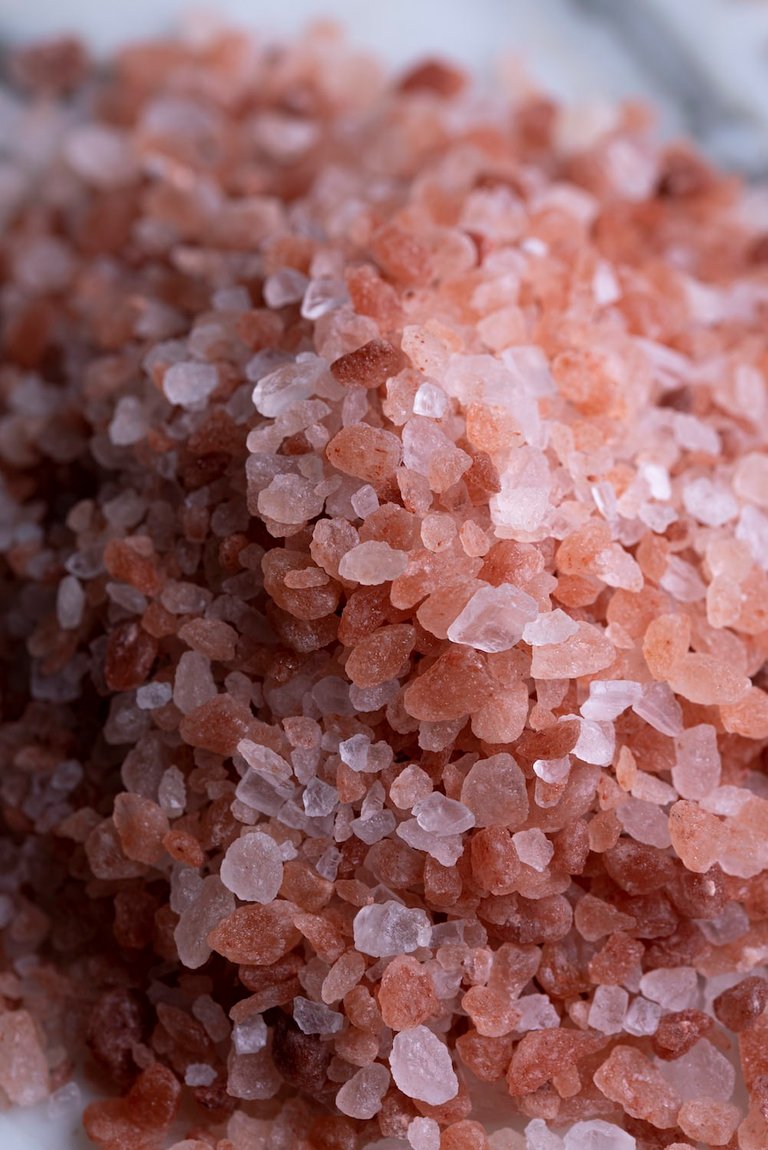Salt is a essential mineral in human diets. It plays multiple roles in the body it helps regulate water and salt balance, it's an essential trace element for many bodily processes, and even it has a bitter taste to help you detect things quickly. But excess salt intake can have seriously negative consequences on our health.
Scientific research shows that high salt intake, especially in children, can result in: High blood pressure High cholesterol Reduced kidney function Increased fluid retention in the body In adults, it can cause heart disease, stroke, and arrhythmia. Excessive salt intake also interferes with normal nerve transmission and results in muscle cramps and spasms. In other words, excessive salt intake causes everything from weakness to seizures.
What is excessive salt intake?

Excessive salt intake can result from certain dietary habits, such as: - Over consumption of seasoned, pickled, and fermented foods - Lacks in the emphasize of fresh foods - Lack of dietary diversity
Excessive salt intake is defined as consuming more than 2% of your total calories as sodium. However, this amounts to about 2,300 mg of sodium daily or 4800 mg in a week. People differ and some people may require less sodium than others.
Experts recommend that healthy people limit themselves to a maximum of 2% of their total calories as sodium. A healthy goal is to consume less sodium than the current average guideline of 2% of calories per day.
The amount of salt you should consume depends on your age, gender, height, weight, activity level, and more. People vary in their need for salt, so if you don’t match someone else’s requirements, you may need to lower your own intake to suit your needs. Here’s a general guideline to get you started: An adult should consume about 1 teaspoon of salt or half a teaspoon for each pound of body weight. For children, the range is 0.5 to 2 teaspoons for each 1 pound of body weight.
How much salt should we eat?

The amount of salt you should consume depends on your gender, age, medical condition, and health goals. For example, pregnant women should limit their intake of salt to avoid miscarriage. People with high blood pressure or heart disease should limit their salt intake as well.
Excessive salt intake can have negative side effects.
These include:
Increased fluid retention in the body – called salt evasion or excess water weight gain – which can lead to fluid retention and back pain.
Increased pressure in the blood vessels – called Ahead of the Curve Detection, or EOD, which can lead to stroke, heart attack, and heart failure.
Increased cholesterol – called Cholesterol Uptake, or CU, which can increase the risk of developing heart disease.
Too much salt can lead to high blood pressure, high cholesterol, reduced kidney function, increased fluid retention in the body, and in adults, it can cause heart disease, stroke, and arrhythmia. Excessive salt intake also interferes with normal nerve transmission and results in muscle cramps and spasms. In other words, excessive salt intake causes everything from weakness to seizures.
Ways to reduce the side effect of excessive salt
If you’re finding that too much salt is stressing you out, try these tips to reduce the side effects of excess salt:
Use the colander to drain your vegetables instead of the bowl.
Don’t rely on foods with sugar to mask the flavor of bland vegetables.
Add flavor to your soups and stews by sauteing foods in a little oil or butter before adding to the bowl.
Add fresh, pungent flavor to soups and stews by adding seasonings and spices.
Make sure to get your daily salt intake from other sources, including: - Herbs and spices - Seeds and nuts - Seaweed
Studies suggest that reduced salt intake can do many things for your health. It can help reduce the risk of certain cancers and heart diseases. It can boost the immune system and protect the body against viral and bacterial infections. It can also help with digestive health and weight loss. In short, a reduced salt intake can do many things for your health.
Excessive salt intake can have seriously negative health consequences, and can even be life-threatening. If you’re finding that too much salt is stressing you out, or if you think you may be in need of a lower salt intake, there are ways to reduce the side effects of excess salt.
Excessive salt intake can also be detected through a salt test, which is a blood sample that’s tests for levels of salt in the blood. If you’re concerned about your salt intake, a test is the first step toward reducing it.
Excessive salt intake is harmful to our health. People who consume too much salt are at an increased risk of having conditions such as heart disease, stroke, and high blood pressure. To prevent these conditions, it's recommended that healthy people limit themselves to a maximum of 2% of their total calories as sodium. Especially pregnant women and young children should pay close attention to how much salt they're consuming
(1). https://www.houstonmethodist.org/blog/articles/2022/mar/what-happens-if-you-eat-too-much-salt/
(2). https://www.bumrungrad.com/en/health-blog/november-2015/dangers-consuming-too-much-salt-effect
(3). https://www.healthline.com/nutrition/what-happens-if-you-eat-too-much-salt
(4).https://www.webmd.com/diet/ss/slideshow-too-much-salt
(5). https://www.hsph.harvard.edu/nutritionsource/salt-and-sodium/
Thanks for your contribution to the STEMsocial community. Feel free to join us on discord to get to know the rest of us!
Please consider delegating to the @stemsocial account (85% of the curation rewards are returned).
Thanks for including @stemsocial as a beneficiary, which gives you stronger support.
Thank you ☺️